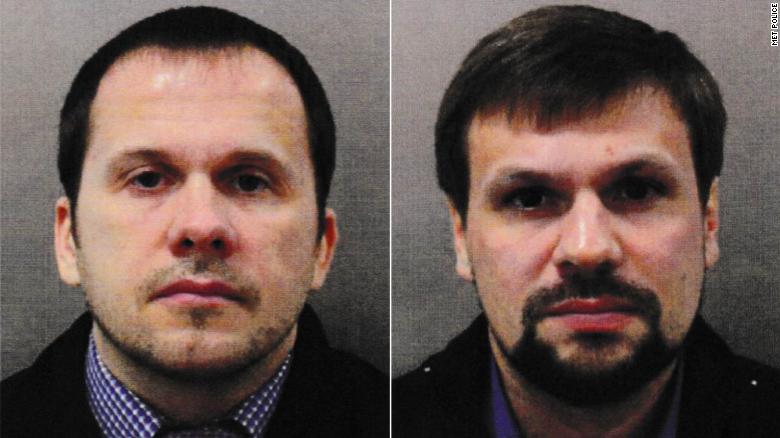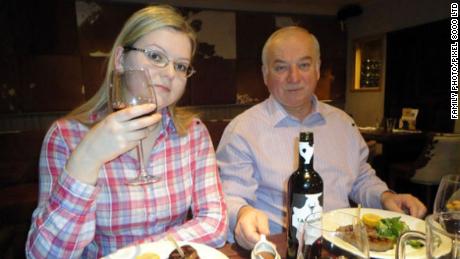London (CNN)The English city of Salisbury has been officially declared free of the nerve agent Novichok, after authorities spent nearly a year decontaminating potentially toxic sites tied to the poisoning of the Russian former spy Sergei Skripal and his daughter, Yulia, last March.
The Skripals were found unconscious on a bench in the city center on March 4 after being exposed to what has been described as one of the deadliest chemical weapons ever made.
The pair -- along with a police officer who found them -- were hospitalized for weeks. Months later, Dawn Sturgess -- who along with her partner Charlie Rowley from Amesbury, near Salisbury -- was also exposed to the military-grade nerve agent. Sturgess died 10 days later.
In total, 12 Novichok-affected sites in Salisbury and Amesbury required some level of specialist decontamination, Britain's Department for Environment, Food and Rural Affairs (DEFRA) said in a statement on Friday. The final property to have been deemed safe was Skipal's house, which was "extensively cleaned" and subjected to testing by specialist teams, DEFRA said.
The cleanup operation over the last year was conducted by around 190 military personnel from the British Army and Royal Air Force with the supported of specialist contractors.
The affected sites were tested, with potentially-contaminated items being removed, before the locations were chemically cleaned and retested.
Before being made available for public use again, each site was subject to a "thorough" assessment by the UK government's Decontamination Science Assurance Group to ensure there was no foreseeable ongoing risk of exposure.
"Work will begin shortly to reconstruct and refurbish the house so it can return to being a home again. We are continuing to talk to the residents on the future of the property as it is important their views are taken into account on how it is used in the future," Alistair Cunningham, chair of the South Wiltshire recovery coordinating group, said in the DEFRA statement.
The UK government body added that residents on the same road as the Skripal house will also be consulted on its future use.
Relations between London and Moscow deteriorated when the UK government pointed the finger at two Russians over the incident. Moscow has denied any involvement and the two suspects -- who identified themselves as Alexander Petrov and Ruslan Boshirov -- claimed they briefly visited the historic cathedral city as tourists.







